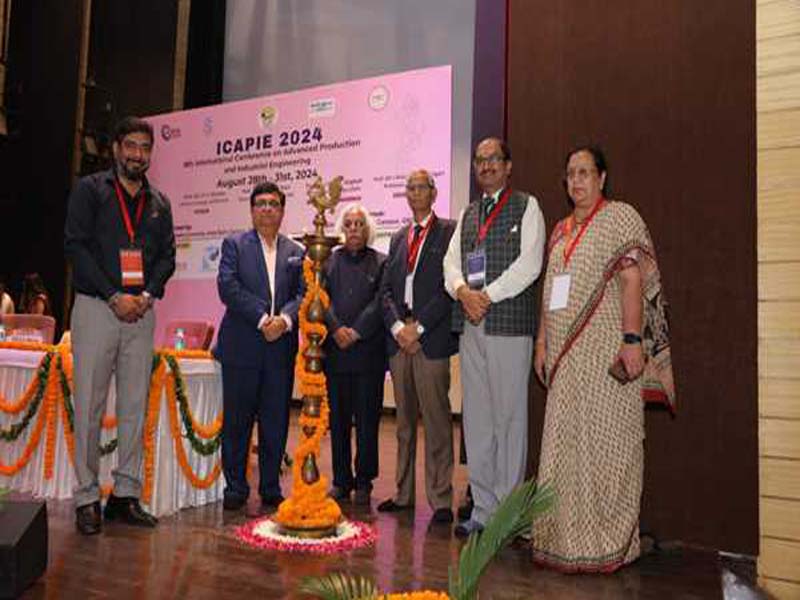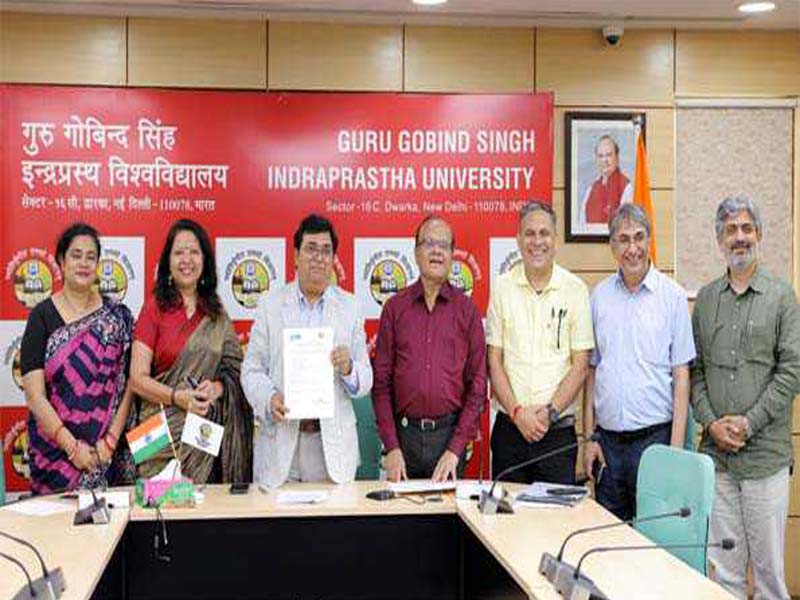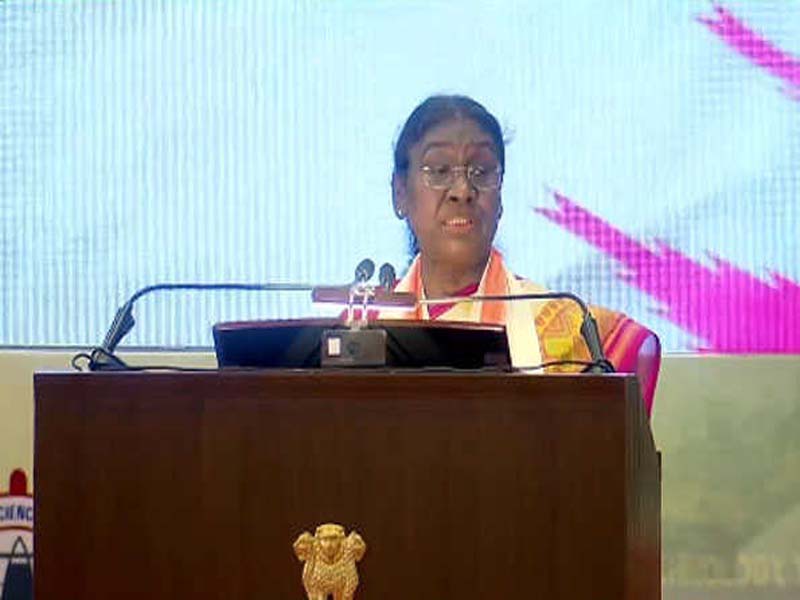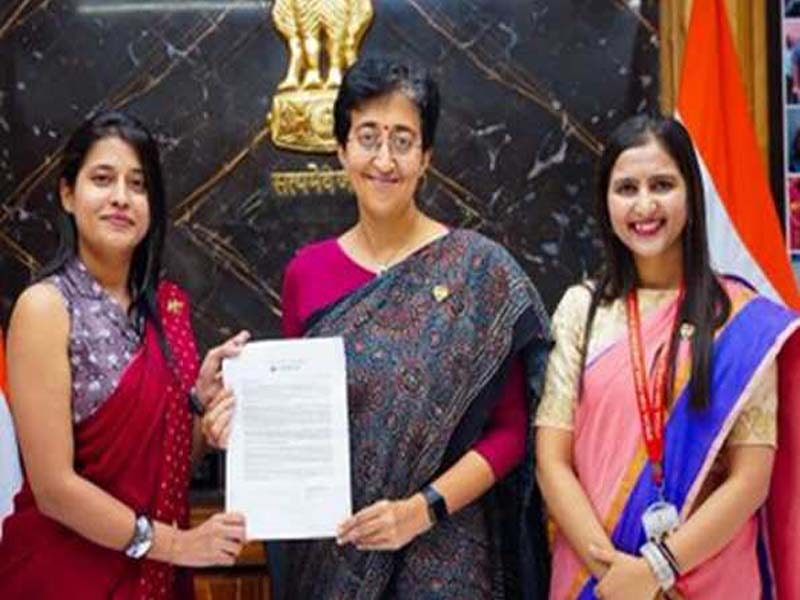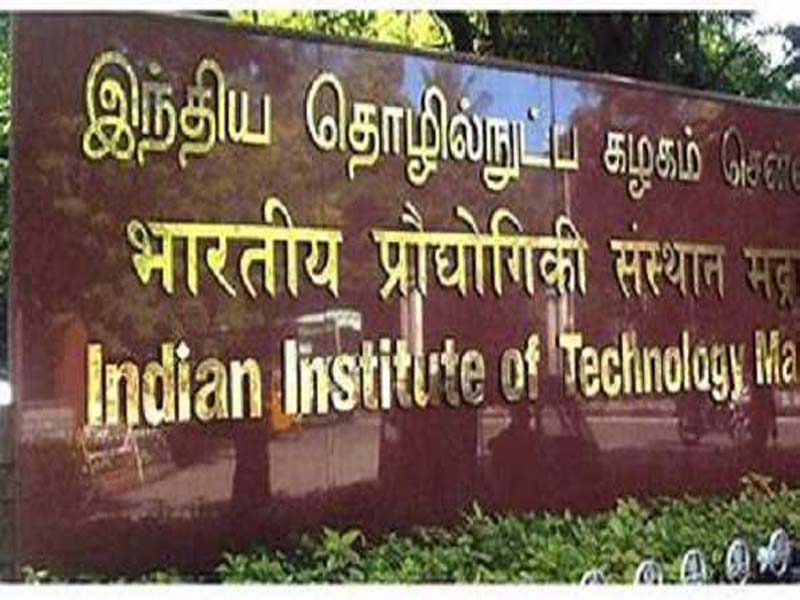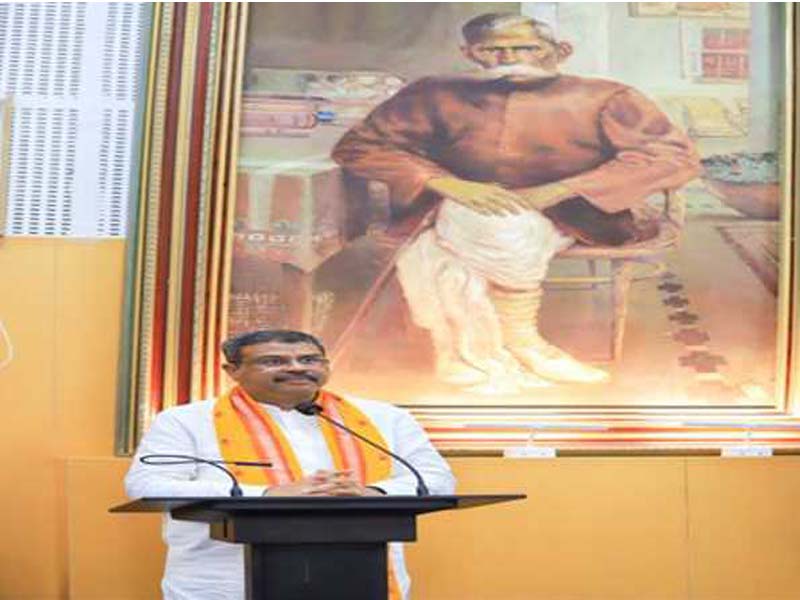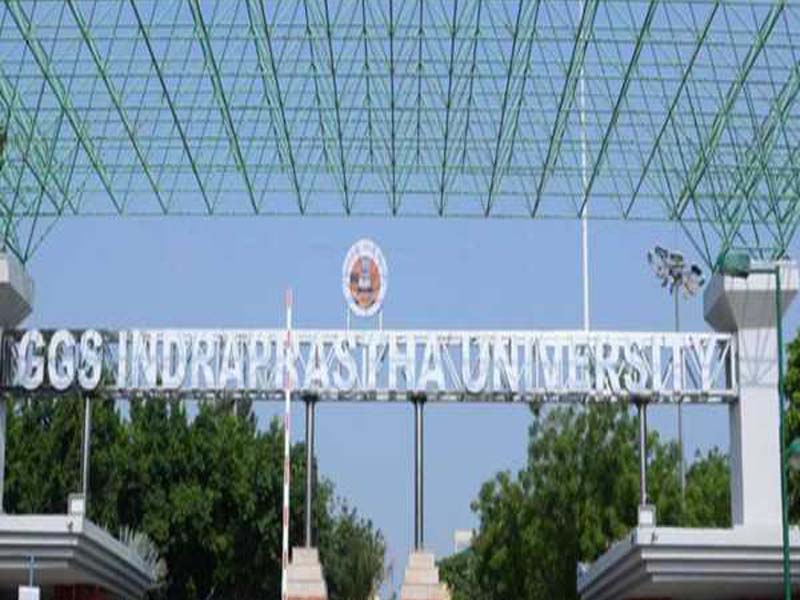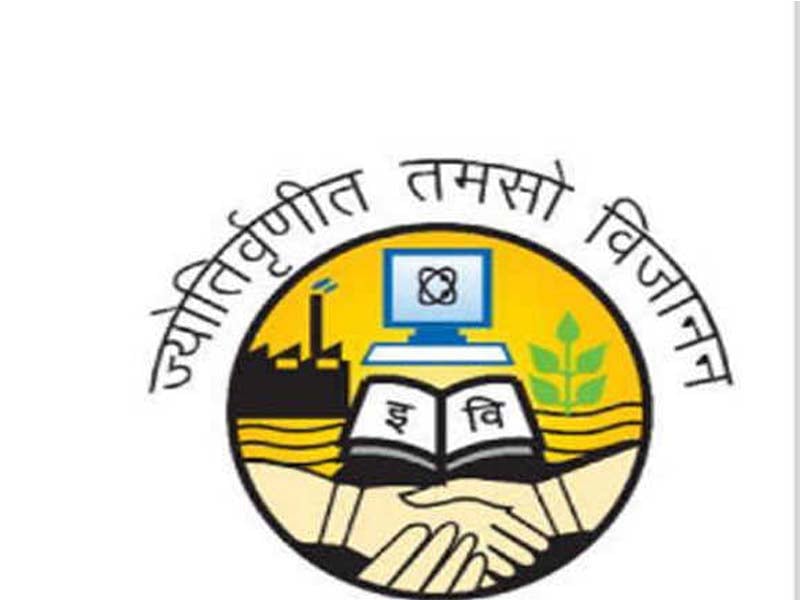Advanced technology-AWG plant at JNP inaugurated
Bengaluru, Sep 24 : Advanced technology-based MEGHDOOT Atmospheric Water Generator (AWG) plant inaugurated at the Jawaharlal Nehru Planetarium (JNP), Bengaluru.
The AWG provides pure drinking water sourced from the atmosphere.
When drinking water is at a premium or scarce, Atmospheric Water generators (AWG)s are a step forward to meet the growing demands. Many cities and towns in India and the world are water-stressed due to a drop in groundwater availability or contaminated groundwater. The water generated by AWGs is pure and healthy for any situation.
The AWG at the JNP was inaugurated by Dr. T K Alex, Hon. Distinguished Professor ISRO, Antariksh Bhavan, Bengaluru with Pravin Shirse, Country President India and Managing Director, and M R K Karanth, AVP – Segment Components (Unit Head), Bengaluru Centre, OerlikonBalzers Coating India Pvt. Ltd.Rtn. Fazal Mahmood, District Governor RID 3190 and Pramod G Galgali, Director, Jawaharlal Nehru Planetarium were the Guests of Honor.
The AWG project is the brainchild of ATFSC, a Section 8, not-for-profit organization, and JNP to introduce advanced and sustainable technology for sourcing drinking water to visitors and mainly students who visit the planetarium.
JNP started in 1989, has emerged as a premier institution in India. It attracts over 3 lakh visitors annually, the majority of whom are students, who come to participate in stargazing, watch science movies, sky-theatre shows and view astronomical events.
The objective of this project is to bring to the fore sustainable technologies. Reports state that at any given point the Earth’s atmosphere consists of 37.5 Million-Billion Gallons of water vapor and this can be tapped into for sourcing drinking water.
The AWG technology will be useful in various applications like Government & Private Schools and Colleges, Government & Private Hospitals, Defense Establishments, Railway Stations, Off-shore platforms and vessels, Wildlife Sanctuaries, Residential Apartments and Gated Communities, Bottled Water Plants, Natural Disaster Relief Camps, Pharmaceutical Industries, Hotels, Clubs, Shopping Malls and, Tech Parks & Office Complexes.
It is estimated that over 76 million people in India have no access to drinking water and technologies like AWG are ideal to bridge the gap.(UNI)


